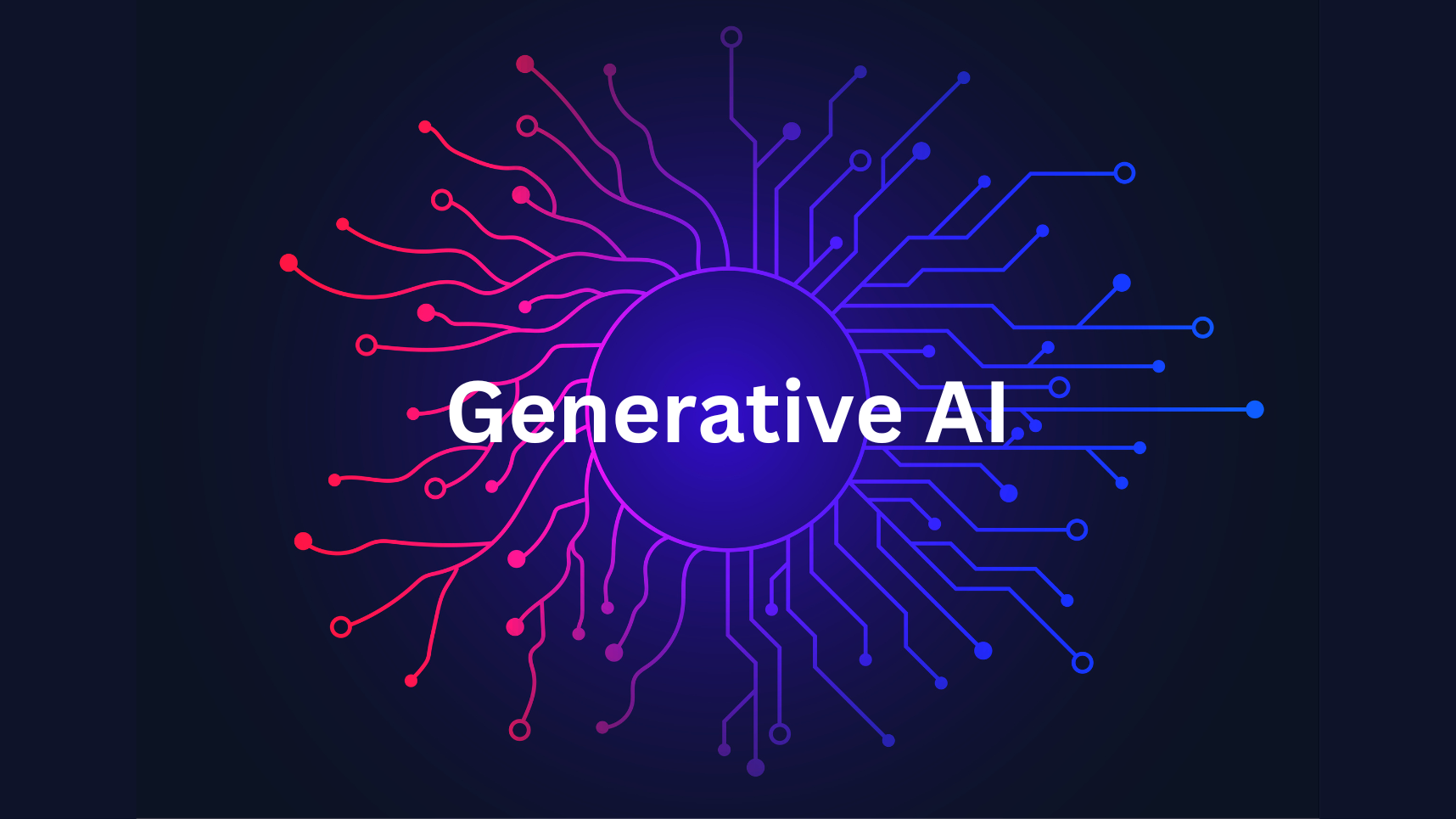Introduction
Generative AI is one of the most exciting and impactful fields of artificial intelligence. It is the ability to create new and original content, such as images, text, music, or code, using data and algorithms. Additionally, Generative AI Books has opened up new possibilities for creativity, innovation, and problem-solving in various domains and applications.
I have been fascinated by generative AI ever since I discovered ChatGPT, a chatbot that can generate realistic and engaging conversations based on a given topic or prompt.
Additionally, ChatGPT was built using a large language model (LLM), a type of generative model that can learn from massive amounts of text data and generate coherent and diverse texts on demand.
ChatGPT inspired me to learn more about LLMs and other generative models, such as variational autoencoders (VAEs), generative adversarial networks (GANs), and normalizing flows.
As a machine learning engineer and a data scientist, I wanted to understand the theory, the practice, and the challenges of generative AI.
I also wanted to explore its applications and implications for various domains, such as natural language processing, computer vision, time series forecasting, software development, and more. That’s why I decided to read some of the best books on generative AI that were published in 2023.Moreover, these books helped me to gain a deeper and broader perspective on generative AI, and to improve my skills and knowledge in this field.
Follow us on Linkedin for everything around Semiconductors & AI
Modern Time Series Forecasting with Python by Manu Joseph

Manu Joseph’s “Modern Times Series Forecasting with Python” provides an extensive resource for analyzing, visualizing, and constructing cutting-edge forecasting systems utilizing machine learning and deep learning methodologies.
The book delves into various aspects, including global forecasting models, cross-validation techniques, and metrics for evaluating forecasts.
It encompasses data manipulation, visualization, traditional statistical approaches, and the implementation of machine learning and deep learning models on actual datasets. Readers will acquire the skills to develop top-tier time series forecasting systems, enabling them to address real-world challenges effectively by the end of the book.
Read More: Top 5 Generative AI Frameworks of 2024 – techovedas
Generative AI with Python and TensorFlow 2 by Joseph Babcock and Raghav Bali
Offering a historical and conceptual journey through the evolution of generative models, this book provides hands-on experience in implementing and training models using TensorFlow 2.
Covering models from Boltzmann machines to advanced versions like VAEs and GANs, it ensures readers stay updated on the latest research in deep neural networks.
Additionally, the book not only explores the challenges and limitations of generative models but also introduces fun applications such as generating faces, art, music, and memes. It is a suitable guide for those eager to explore generative models using TensorFlow 2.
Generative Deep Learning by David Foster
As an exploration into the domain of deep learning, this book guides readers through the creation of generative deep learning models using TensorFlow and Keras.
By offering insights into tasks like image synthesis, style transfer, and text generation, it equips readers with the knowledge to enhance the quality and diversity of generated content.
Furthermore,with a focus on theory, practice, and ethical considerations, the book provides a holistic view of generative deep learning. Ideal for those with a background in Python, TensorFlow, and deep learning, it encourages readers to embark on their creative and innovative endeavors.
Read More: Explained : What the hell is Generative AI? – techovedas
Designing Machine Learning Systems by Chip Huyen
Acknowledging machine learning as a ubiquitous force in today’s world, this book takes a holistic approach to designing reliable, scalable, and maintainable machine learning systems.
From data collection to model development and deployment, it covers the entire machine learning lifecycle.
Additionally, Chip Huyen’s insights, drawn from real-world applications, help readers navigate common pitfalls and challenges, making it an essential guide for those striving to design robust and efficient machine learning systems.
This book caters to individuals with a basic understanding of Python, machine learning, and cloud computing.
Read More: What are Top 10 Application of Internet of Things (IoT) in 2024 – techovedas
Natural Language Processing with Transformers by Lewis Tunstall, Leondro von Werra & Thomas Wolf
With natural language processing (NLP) witnessing a transformative era driven by transformers, this book offers hands-on experience in building and utilizing them.

Addressing tasks such as machine translation, sentiment analysis, and chatbots, it guides readers through the application of generative models.
Assuming familiarity with Python, TensorFlow, and deep learning, the book provides a comprehensive refresher while enriching readers with practical illustrations and code snippets for experimentation.
Interpretable Machine Learning by Christoph Molnar
Unraveling the complexity of machine learning models, this book dives into the realm of interpretable machine learning. It explores concepts, methods, and applications, ranging from simple models like decision trees to intricate ones such as neural networks.
Emphasizing model-agnostic methods for interpretability, it equips readers with tools like Shapley values and LIME.
Additionally, this guide is invaluable for those seeking to make machine learning models more transparent and explainable. It assumes a foundational knowledge of Python, statistics, and machine learning.
Conclusion
In this article, I’ve highlighted six books essential for understanding generative AI. These cover fundamental concepts, state-of-the-art models, and the design and deployment of machine learning systems. Additionally, ethical and social aspects of generative AI are explored. The books offer practical examples, exercises, and code snippets for your generative AI projects. I hope you found this article both enjoyable and informative.
Reference: AIM








